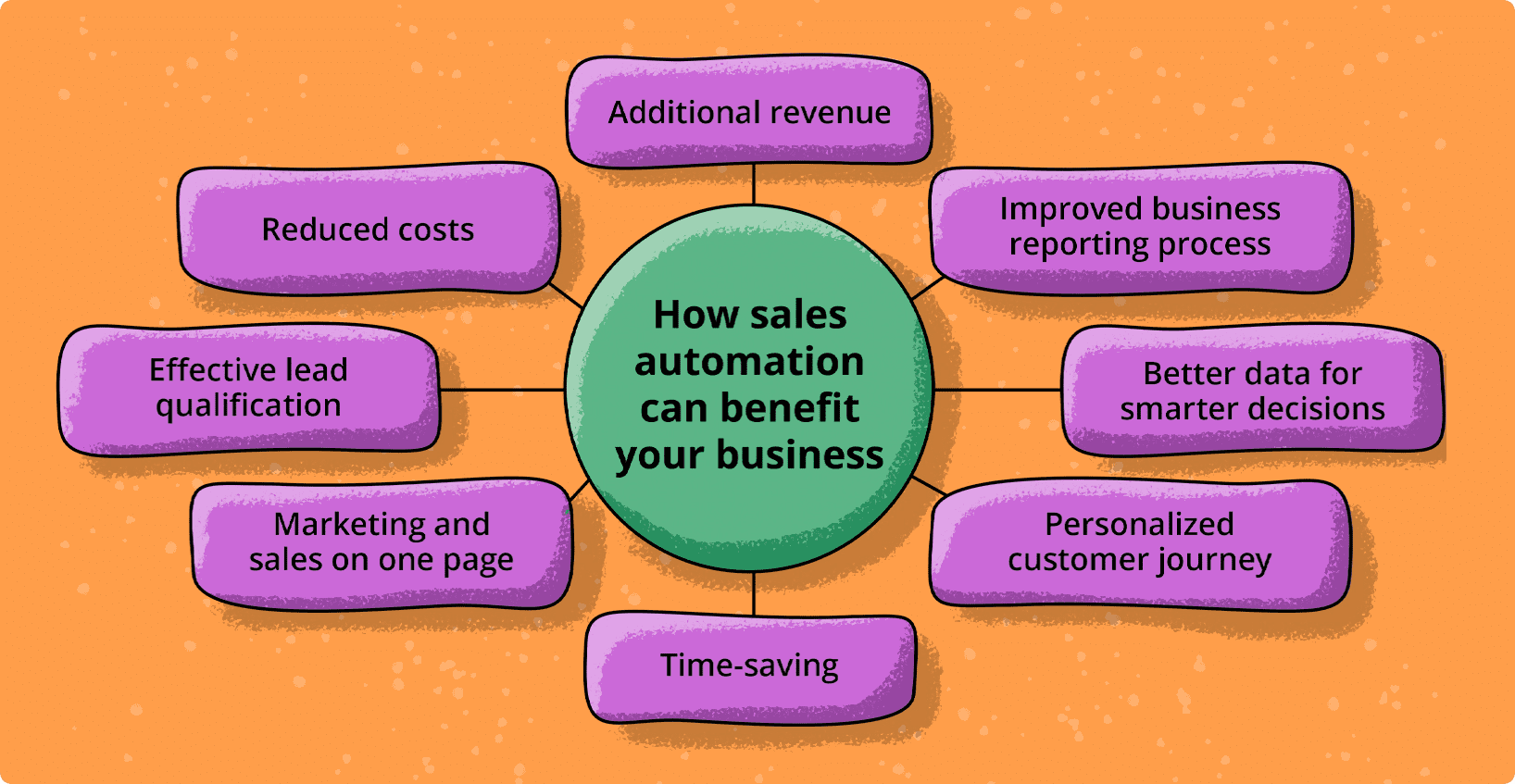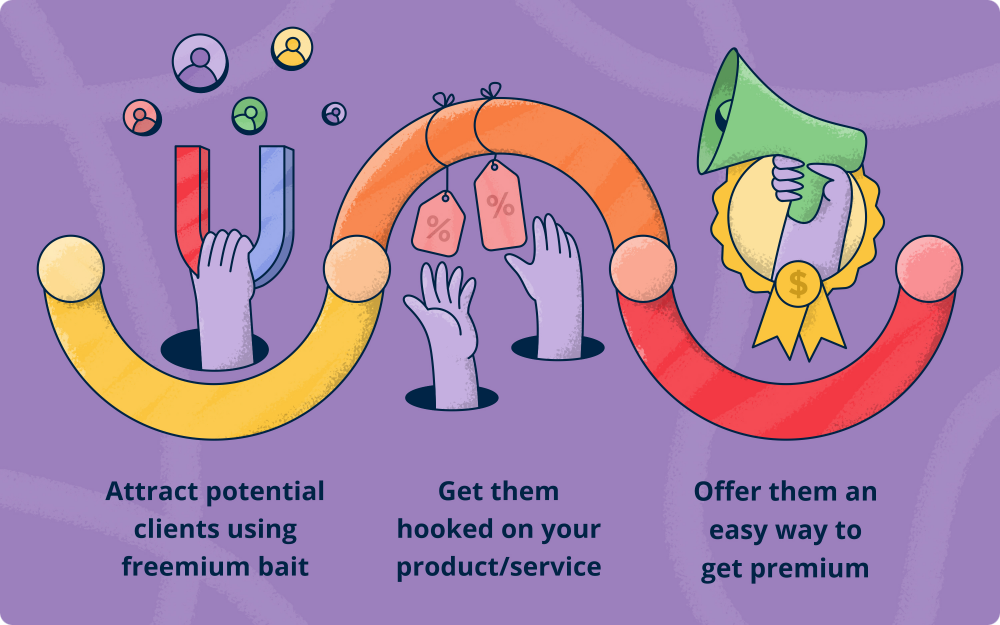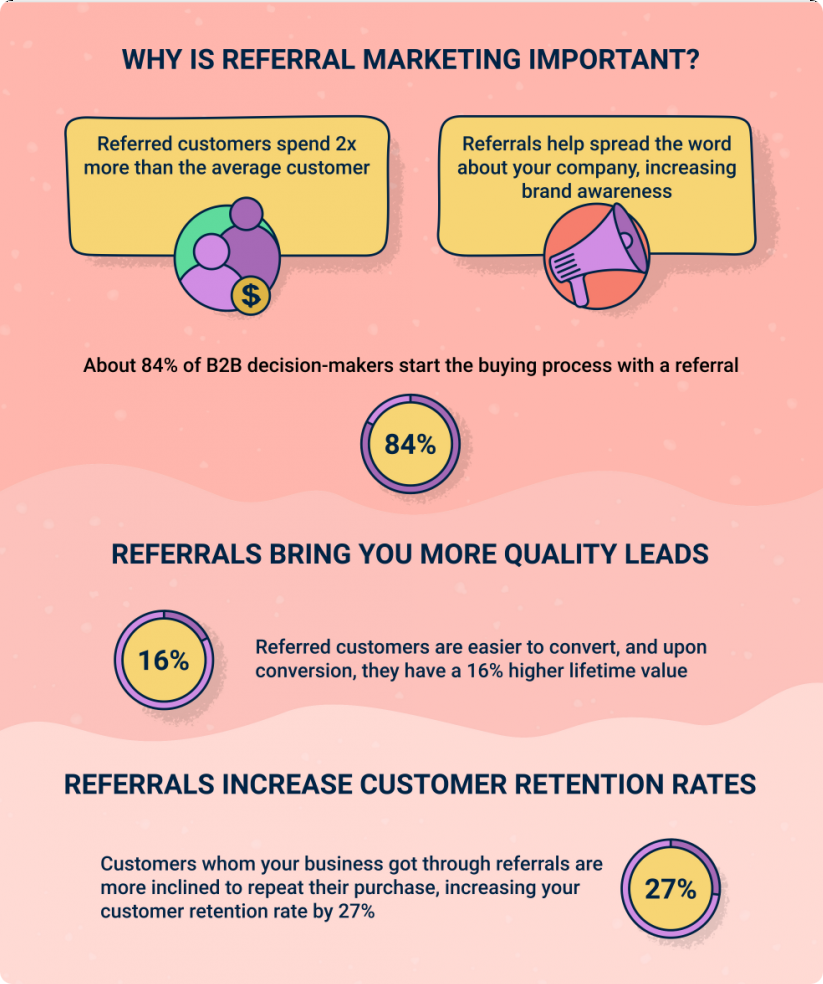Every business aspires to scale and capture new markets. In 2020, a survey of over 600 local agencies and experts revealed that scaling was their number one challenge when it came to serving local businesses and ensuring agency growth.
So, why is growing an agency difficult? And how can you make progress on expanding your operations?
Agency growth is not similar to scaling a regular business
Surprised? Do not be! First off, agency profit margins tend to be low — between 11% and 20% for the most part. And low-profit margins mean greater risk when it comes to expansion activities.
Second, it’s tricky for an agency to maintain the right balance of resources versus clients. You might lose several clients at one go, leaving you overstaffed. Or you might take on more clients than your staff can handle because you do not want to say no and let go of the potential revenue. Who can blame you?
And third, given the intangible nature of what agencies do, scaling up is not quite as simple as boosting your marketing efforts or increasing production. To enhance the overall revenue costs, there’s a need to overcome demand generation barriers, leaks in core offerings, and product development limitations.
However, you can absolutely scale your agency. You just need a different approach, one that is tailored to your unique needs while checking all the boxes of solid value creation.
In this blog article, we’ll share our tried-and-tested tips for scaling your agency into a powerful, profitable brand.
The digital side
Tip #1. Know what to sell and when
During the sales process, ask yourself what pieces of data you can bring forth for your prospects. If you use a sales engagement platform, you would have access to the sales pipeline, all the pitches made so far, relevant content metrics, and data reporting. Look for what has worked and not worked for you historically.

Using the data, generate custom competitive intelligence and industry benchmarks on your prospect’s requirements and online performance and sell your services as per your findings for greater success.
Tip #2. Optimize your online presence
3 out of 4 potential customers want to self-educate before buying. Therefore, make sure you have the basics in place. Is your website optimized for SEO? Does your keyword strategy need a refresh? Do you think you could benefit more by tweaking the keywords of some of your service pages? If that is the case, make sure you rejig your SEO.
Use tools such as Ahrefs to identify high-performing keywords and adjust the web copy accordingly. In addition, ensure you have a complete Google Business Profile to establish a more substantial local presence.
Tip #3. Try the freemium model
This might not work like how it would for a SaaS company. But if you can offer a part of your service for free, then that can help you influence prospective clients to become paying ones.
When you are scaling up, it helps to have insights into what your prospective clients are most likely to pay for. The freemium model lets prospects’ try before they buy,’ which gives you valuable data about your prospects, allowing you to create the right service at the right time.

For instance, if you’re a marketing agency offering core SEO and website development services, you can offer free website audits to point out improvement areas in your prospective client sites. If convinced they need to upgrade their website, they will become paying customers for your agency.
Tip #4. Get cracking on a blog strategy
Whether you are already posting blogs and resources constantly or sporadically, you need to invest in content marketing so that your agency stands out as an expert. People, in general, should be able to seek and trust your opinions and ideas within the relevant industry.
Have a blog where you share thought leadership pieces and informative guides on subjects your customers care about. It would be best if you also tried to place your content in media outlets or write guest posts for major journals. According to CMI, 96% of B2B content marketers are viewed as a trusted and credible resource by their target audience.
To get started, you can conduct surveys on your website or via social media to find out what your audience wants to see from you. Additionally, use research platforms such as BuzzSumo to identify trending topics and popular content in your industry vertical.
The operations side
Tip #5. Integrate the right tools to collect and analyze data and optimize your workflows
This is one of the popular agency scaling secrets! Going with the flow might have worked in your fly-by-night days, but it can quickly lead to chaos when trying to scale. Instead, define your goals by outcome and timeline and have specific, measurable, and repeatable processes that help you accomplish those goals.
Examine your procedures, identify ways to improve them, and make sure that everyone on your team understands how they work. Automate your existing processes and make them more efficient. Not doing so can be costly, especially if you are a small agency developing and altering workflows as you go.
You will be surprised how much time you save by investing in the right platforms. There’s a tool for everything, from scheduling follow-up emails (like Snov.io Email Drip Campaigns) and qualifying leads to tracking social media metrics. Plus, when you automate, you can be assured of complete accuracy.
Tip #6. Prioritize meeting scheduling
Back-and-forth emails are all very well in their place, but if you are constantly following up with prospects and trying to get them to talk to you in person, it will frustrate them. Instead, use a scheduling tool that makes it easy to pick a date and time that works for them: fewer follow-ups, more time saved for everyone.
Tip #7. Find strategic partners to scale your services
While we certainly do not suggest you deviate too far from your core services, consider offering complementary services such as building landing pages for ads in addition to handling digital marketing. That way, your agency can be the one-stop shop for clients looking for a successful campaign.
Can’t keep all your talent in-house? Consider partnering with other agencies that specialize in services that complement yours. For instance, if you run a branding agency with a strong focus on design, you can partner with an external content marketing company to support your clients with solid content.
Tip #8. Have a specialization and build your core
Having said this, trying too much at one go can backfire.
Clients tend to prefer specialized agencies over more general ones. There’s a greater sense of trust and comfort with highly niche businesses.
So your surest bet to growing a good brand is a focal area you can be known for through your services and the content you put out. It’s also essential to ensure that your agency has a ‘personality,’ be it authoritative, empathetic, or otherwise. This should reflect in the content and thought leadership you share.
Tip #9. Improve your recruiting and choose the right people for the job
According to a CB Insights story, 23% of startups fail because of the lack of the right team. If you’ve followed a ‘hire when you need to’ strategy so far with your team, it’s time to get more strategic. Have a structured recruitment process that you can implement periodically to meet emerging needs and keep the flow of output going.

This includes your full-time workers and your seasonal or freelance contractors — you do not want to be stuck without writers or designers during the busy season! And yes, this also means firing people when you need to — you do not want to be stuck with incompetent or lazy employees who can bring down your whole brand image.
Moreover, just picking people based on resumes will not work when it comes to agencies. You need to find employees who can flourish in the often-scrappy work environment and develop creative ways to approach problems under pressure. Structure your interviews to identify these qualities in your candidates — in addition to their job-specific skills.
Tip #10. Track your time
Transparency is not restricted to communication only. It goes beyond how your workforce spends its time. This does not, however, mean getting everyone to log their work hours. It’s about studying the work hours to identify which employees are the most (and least) efficient and which clients are the best (and worst) use of your time. Remember, time is money!
The growth side
Tip #11. Be transparent with your team
In an agency, every team member plays a key role. Therefore, you’d be doing them an injustice if you decide to keep company matters in the C-suite. Be open with your people about where the numbers are going and your plans. And always welcome and encourage any suggestions they might have.
Tip #12. Increase your prices
One of the quickest ways for agencies to make more money is to charge more for their services. This also helps if you plan to invest in new tools and technologies and hire more people. If you are a very new agency, you might be fearful about losing clients, and in a way, you are not wrong!
This tactic may or may not result in lost clients. However, the slip is usually temporary, and long-term higher prices lead to better-quality clients and fatter profit margins, making scaling easier.
Tip #13. Appoint the right internal team leaders
A leader can make or break your agency’s success, so take extra care with hiring one. An ideal team lead has a strong personality that gives off trustworthy vibes.
Conduct interviews to ask in-depth questions about their actions and vision for your agency. And do not settle for someone too soon either — good people are worth holding out for. If you already have a team of experienced professionals, appoint one in-house.
Tip #14. Ask your clients for referrals
Clients acquired through referrals have a 37% higher retention rate, and 81% of prospects are more likely to engage with brands with reward programs. Nothing speaks as strongly in your favor as a happy customer willing to talk about you.

Approach your current clients and request them to refer you to others in their circle who might need your services. Incentivize your clients for their trouble — perhaps with a nice discount on their next campaign. In the end, you will have not only scaled your agency but also filled your pipeline with similar clients.
Tip #15. Be selective about who you work with
This can sound counterintuitive for business growth, but you should not say yes to just any client who comes along. You want to focus your efforts on customers with high-value projects and with the potential to bring you new referrals and industry contacts.
Those with low-value projects or those who are cumbersome to work with can be eased off your list as you set your sights on growing.
Tip #16. Develop strong relationships with your clients
The best client relationships are not solely about the business. Instead of talking to them just about the project, stay connected with them during and after on social media and engage with the content and perspectives they put out; create value for your clients.
It’s also good to do the same with your industry peers and subject matter experts. When you are building an active presence, it always helps to forge bonds with other strong brands. Those relationships will gain you more exposure and, ultimately, more clients.
Conclusion: Adopt a growth mindset
To scale profitably and sustainably, having a big-picture view is vital. Step back and consider all the factors that can trigger the need for scaling up. Is it when you have onboarded a certain number of new clients? Or do you start when the clients are still at the qualified lead stage? How much can you afford to spend on recruitment and advertising?
Moreover, what are your current operating costs, and how much will they increase if you expand? Do you have all the tools and technology you need? Gather data on how you currently do on these fronts and brainstorm with your team on how you can do better.
In conclusion, growing an agency is hard work, but if you play the long game, you can do it. Use your time and resources wisely to build good relationships, improve your brand reach, and have the best people on your team.
Above all, stay true to what your agency stands for and keep creating value for the people who trust you. Good luck!

